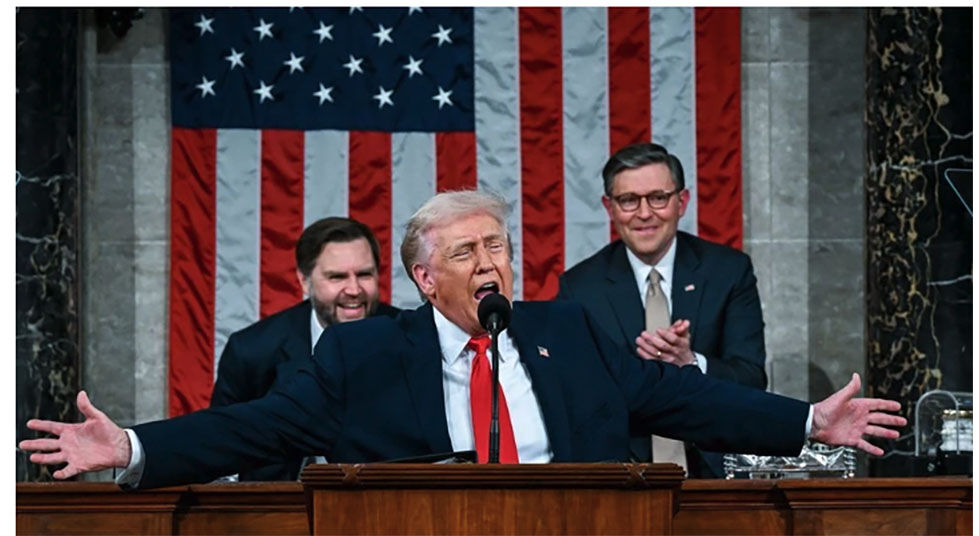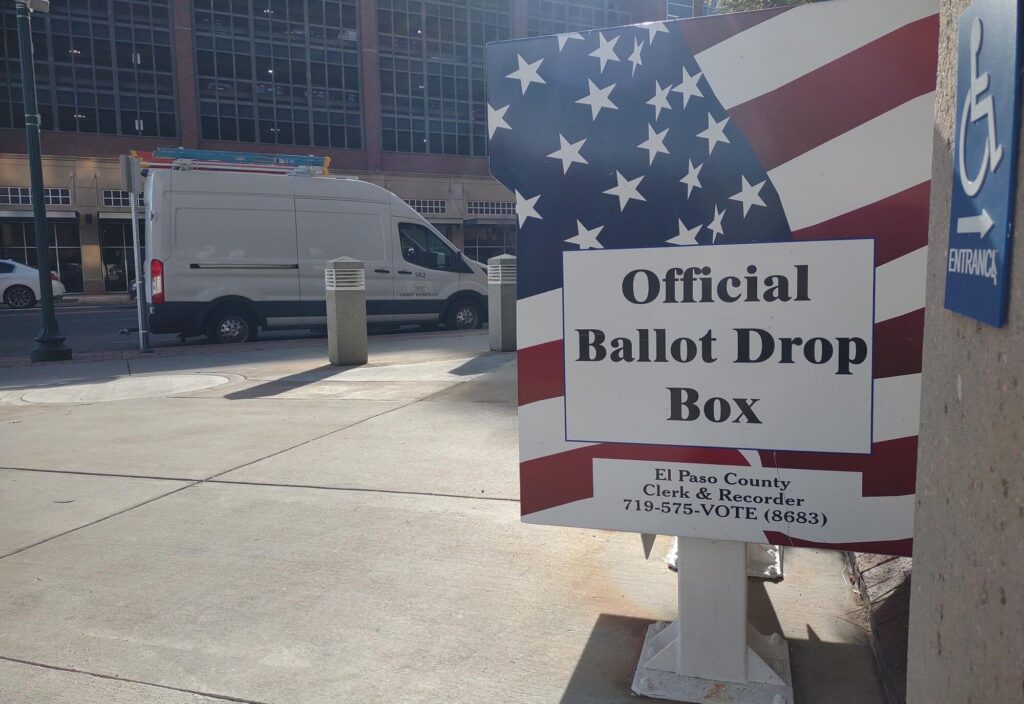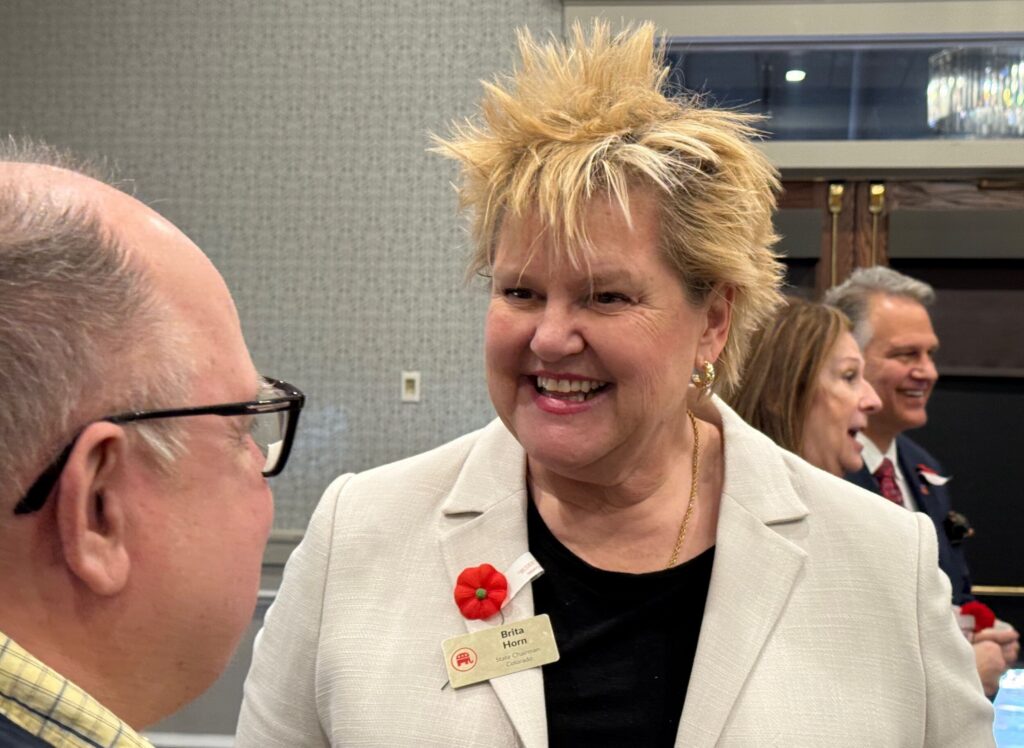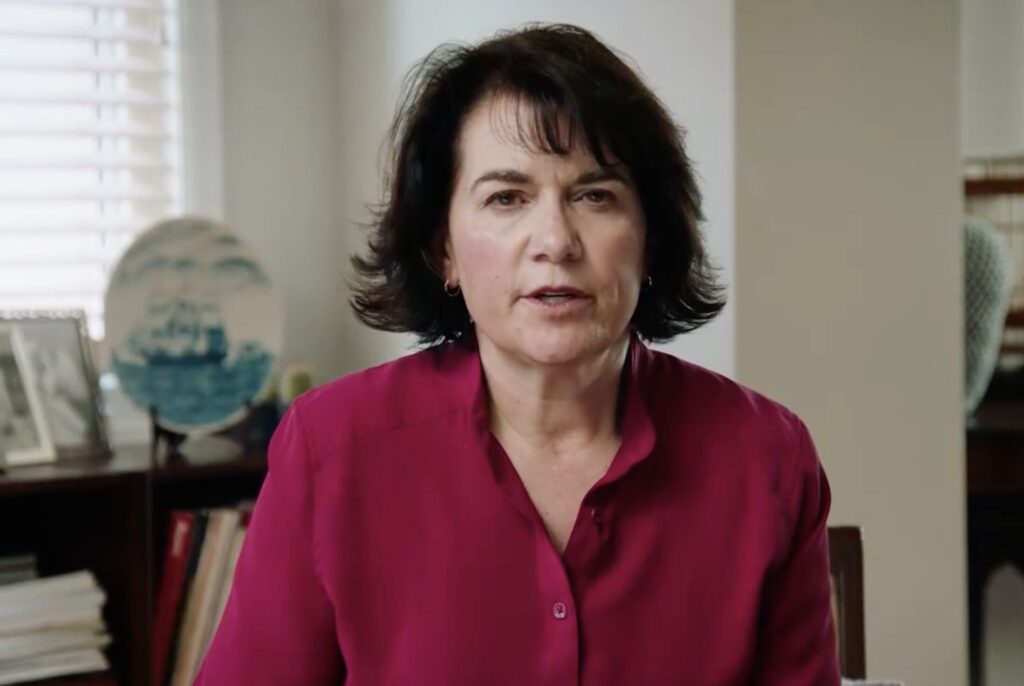DeGette promotes discount drug program while Congress seeks health care reform
WASHINGTON – Colorado U.S. Rep. Diana DeGette argued in favor of a discount drug pricing plan Wednesday while the president tries to overturn much of the previous administration’s health care program.
President Trump said he would sign executive orders as soon as this week to eliminate some Affordable Care Act insurance rules.
The 340B drug discounts make up another one of the programs at risk during the Trump administration.
DeGette, D-Denver, described the 340B program as a “lifeline” for health care providers to help low-income persons obtain prescription drugs.
“The 340B program helps eligible hospitals, clinics and other providers make the most of their limited resources to provide care for vulnerable populations,” DeGette told Colorado Politics. “They serve people in urban and rural areas alike and the support they receive from this program is vital.”
The 340B Drug Discount Program was organized by Congress in 1992 to provide discounted drugs to low-income persons with a greater need than most groups. Most commonly the participants are children’s hospitals, rural hospitals and cancer hospitals exempt from Medicaid reimbursement.
Pharmaceutical companies are required under the program to provide outpatient drugs to the hospitals at prices that can be discounted as much as 30 percent.
Hospitals that purchase the drugs bill Medicare and other insurers at the regular prices but keep the difference. They are supposed to use the savings for community health outreach efforts.
Denver’s St. Joseph Hospital, which is part of the SCL Health network, participates in the 340B program. SCL operates seven hospitals in Colorado and others in Kansas and Montana.
The Trump administration took aim at the program earlier this year after the Government Accountability Office reported hospitals were using their savings inappropriately, thereby reducing the effectiveness of the drug discounts.
The Centers for Medicare and Medicaid responded by recommending deep cutbacks in government reimbursement rate for 340B drugs. Instead, they want market competition to be the primary method of keeping drug prices low.
The House Energy and Commerce subcommittee on oversight and investigations has been holding hearings in recent months to determine whether reforms are needed for the 340B program.
If Congress does change the program, the reforms should be “very carefully tailored to avoid putting at risk the important programs for which hospitals are using 340B dollars,” DeGette said.
At the hearing Wednesday, members of Congress questioned hospital administrators about which drugs they purchase and how they use savings from the 340B program. They also asked about salaries of the hospital administrators, some of whom earn more than $1 million a year.
“These organizations are using this compensation for important community work,” DeGette said during the hearing.
She asked the hospital administrators what would happen if Congress eliminated the 340B program.
“We would have to cut $34 million in programs,” said Ronald Paulus, chief executive officer of Mission Health Systems, Inc., a North Carolina-based community hospital system.
The programs include detoxification for babies addicted to opioids after their drug addict parents give birth, he said.
Shannon Banna, finance director for Atlanta’s Northside Hospital Inc., said her network of hospitals would be forced to reduce cancer treatment for low-income patients.
Mike Gifford, president of AIDS Resource Center of Wisconsin, said his organization would need to decrease AIDS prevention programs, thereby resulting in more infections from the deadly disease.
Trump has given only generalized ideas about how he would try to change the nation’s health care with his executive orders, leaving uncertainties about the 340B program.
His critics in Congress have warned that his authority for executive orders extends only to administrative issues of federal agencies. Executive orders cannot be used to change the substance of federal laws.
As a result, major changes to both the Obama administration’s Affordable Care Act and the 340B drug program are likely to need congressional approval, according to lawmakers.
“Nobody is talking about eliminating the 340B program,” said Rep. Greg Walden, R-Oregon, who chairs the Energy and Commerce Committee.
However, he told the witnesses that hospitals’ financial management of their 340B compensation raised suspicions.
“Many entities did not track their 340B savings at all,” Walden said. “For a program this large, it’s important for Congress to understand how it’s being used.”










